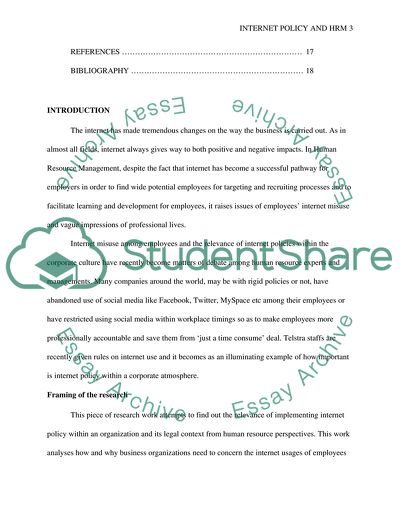Cite this document
(The Importance of Internet Policy in Telstra Company Research Paper, n.d.)
The Importance of Internet Policy in Telstra Company Research Paper. Retrieved from https://studentshare.org/information-technology/1726183-human-resource-management-and-the-legal-context
The Importance of Internet Policy in Telstra Company Research Paper. Retrieved from https://studentshare.org/information-technology/1726183-human-resource-management-and-the-legal-context
(The Importance of Internet Policy in Telstra Company Research Paper)
The Importance of Internet Policy in Telstra Company Research Paper. https://studentshare.org/information-technology/1726183-human-resource-management-and-the-legal-context.
The Importance of Internet Policy in Telstra Company Research Paper. https://studentshare.org/information-technology/1726183-human-resource-management-and-the-legal-context.
“The Importance of Internet Policy in Telstra Company Research Paper”, n.d. https://studentshare.org/information-technology/1726183-human-resource-management-and-the-legal-context.


